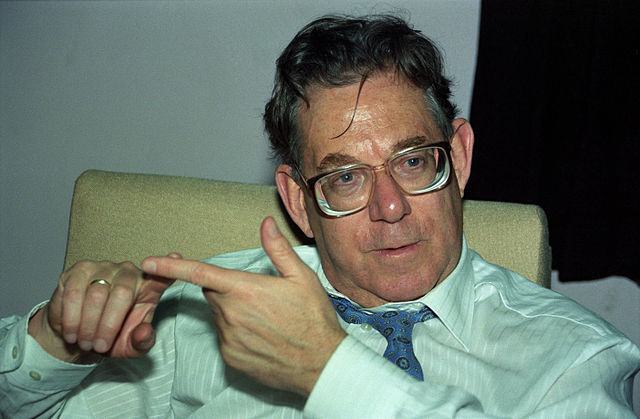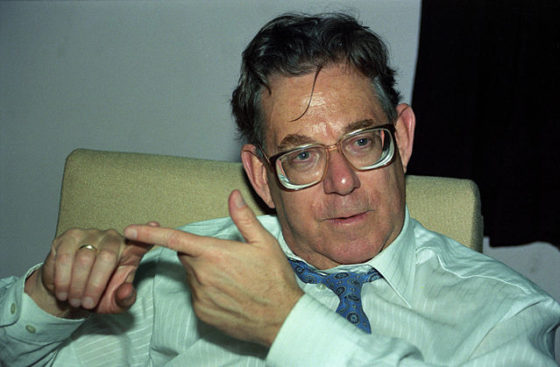Dutch Nobel laureate who warned about holes in ozone layer, dies age 87


Dutch scientist and Nobel laureate Paul Crutzen has died at the age of 87. His death on Thursday was confirmed by the Max Planck Institute where Crutzen was director of atmospheric chemistry from 1980 until his retirement in 2000.
‘Along with scientists Sherry Rowland and Mario Molina, Crutzen alerted the world to the dangers of ozone depletion caused by chlorofluorocarbons from spray cans,’ the Independent quoted climate scientist Michael Penn as saying.
Martin Stratmann, the president of the Max Planck Institute, called Crutzen a ‘pioneer’ and said his work was a ‘rare example of fundamental scientific research leading to a global political decision.’
CFCs were effectively banned in 1989 as a direct results of his work during the 1960s and 1970s, and the team was awarded the Nobel prize for chemistry in 1995. The ozone layer, which protects the earth from harmful UV radiation, recovered as a result of the ban but a major recent peak in CFC emissions have been traced back to factories in China.
Crutzen also coined the term ‘Anthropocene’ to refer to the effects of the actions of mankind on the planet which he said had escalated at such a rate during the last three centuries that it needed its own description.
Crutzen was born in Amsterdam in 1933. He moved to Sweden in 1958 where he became a computer programmer. He then studied in meteorology which he taught in the United States, England and Germany.
In total, 19 Dutch people from the world of science and the arts have been awarded Nobel Prizes, among whom Dutch physicist and Nobel laureate Martinus Veltman, who died earlier this year.
Thank you for donating to DutchNews.nl.
We could not provide the Dutch News service, and keep it free of charge, without the generous support of our readers. Your donations allow us to report on issues you tell us matter, and provide you with a summary of the most important Dutch news each day.
Make a donation